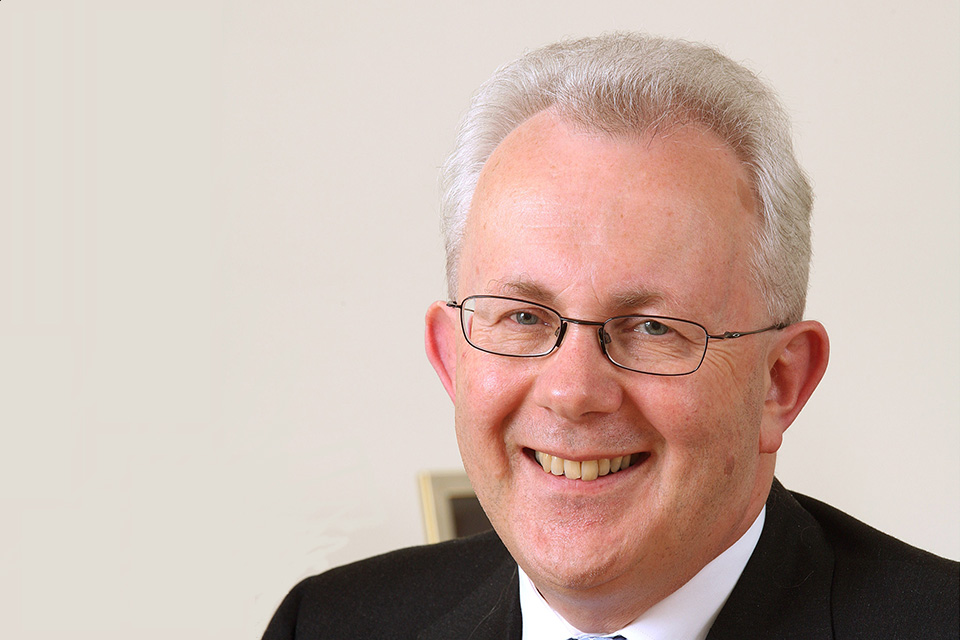Putting the Accelerated Access Review's recommendations in place
Sir Hugh Taylor talks about the need for commitment and collaboration to make sure the Accelerated Access Review proposals become reality.

I am excited to be publishing today the final report of the Accelerated Access Review. Those of you who have been following its progress will know that this day has come slightly later than we expected, but I think this extra time has been helpful in giving us further opportunities to discuss the emerging recommendations across government and with our arm’s length bodies (ALBs) and other partners. Many of these organisations will be in the lead in delivering the report’s proposals, so some partnership working in the run up to publication has given us a helpful foundation on which to move forward.
I am conscious that, while this feels like the end of a journey, it is actually only the beginning. Making these proposals a reality requires commitment and collaboration, not just across government and its ALBs but also patient groups, NHS organisations and the life sciences industry. We need to build on the review’s momentum to engage patients and their representatives and put them at the heart of the implementation process. We need to invest in the capacity and capability of key NHS organisations and all local health economies to become active partners in anticipating, embracing and managing the introduction of new health technologies that improve patient care and offer better value. And we need to increase capacity at national level so we can have informed, productive discussions with forward thinking healthcare companies about the value of accelerated access.
The government will respond fully in due course, and I am encouraged by its warm response to the report as well as the support it has provided throughout the whole review. Some of the AAR’s recommendations are far reaching and it is right that the government takes time to consider how it can best deliver them.
Although the report includes a number of thank yous, it would not be right to omit them from here. Throughout the review I have been supported by a tremendous team, loaned from a number of organisations and led by Dr Nicole Mather from the Office for Life Sciences. We have been guided by our champions, Dr Stuart Dollow, Prof Richard Barker, Richard Murray, Rob Webster and Hilary Newiss, plus John Jeans and Charles Lowe. And of course Professor Sir John Bell has provided invaluable insight, together with the rest of the External Advisory Group. The Wellcome Trust has been a steadfast supporter, and I extend huge thanks to them. And finally, thanks to the many hundreds of people who gave their time to contribute to the review and helped us to understand not only the barriers to innovation in our current system but also where the opportunities lie in the future.